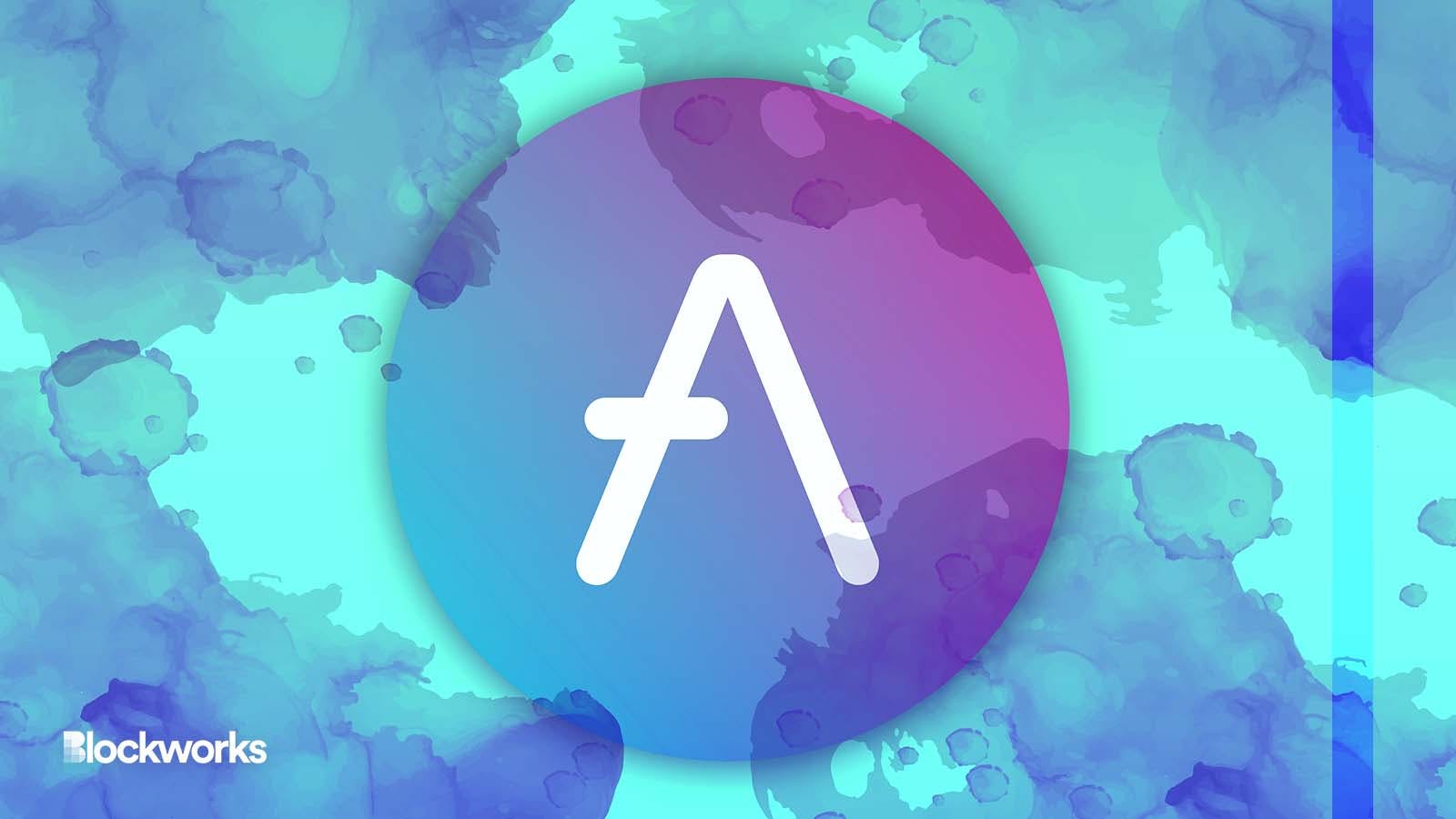Aave Governance Gives OK to BNB Chain, Polygon’s zkEVM
Aave token holders have had a full plate of late, as the DAO works on the protocol’s expansion plans

Akif CUBUK/Shutterstock modified by Blockworks
Community governance has given a tentative thumbs up to the deployment of Aave’s borrowing and lending protocol on two additional chains, with a third potentially on the way.
Recent “temperature check” votes provided overwhelming support for adding Aave’s latest version 3 to the newly launched Ethereum layer-2 rollup, Polygon zkEVM, as well as to Binance’s BNB Chain, an alternative layer-1. Both chains employ dapps using the Ethereum virtual machine (EVM).
Governance token (AAVE) holders signaled nearly unanimous support for the expansion plans put forward by Marc Zeller, an independent Aave DAO delegate with the Aave-Chan Initiative. Zeller’s own vote in favor represents over 40% of the vote total in each case. Of his stake, around 95% of the delegated AAVE comes from 190 individual holders, Zeller told Blockworks.
Proponents will eventually need to submit an Aave Improvement Proposal (AIP) to pave the way for a formal on-chain vote before any such deployment will actually occur.
The latest proposal, posted Monday, could also add Starknet to the growing list of chains expected to sport an Aave implementation. The active vote for this proposal runs until April 10.
Although Polygon’s zkEVM mainnet only officially launched on March 27, Aave has already notched 6 months of experience on the network through its testnet, which became available in October 2022. According to the proposal, the deployment “presents an opportunity for Aave Governance to establish a strategic presence on this new network early on,” adding “Aave has a history of pioneering in new frontiers, starting with the Polygon & Avalanche V2 deployment in 2021.”
The protocol is currently active on seven chains in total, although around 85% of its $5.68 billion in total value locked (TVL) remains on Ethereum’s mainnet, according to data from DefiLlama.
BNB Chain — formerly known as Binance Smart Chain (BSC) — registers almost three times the number of active users as Ethereum, despite a TVL of 17% that of Ethereum’s total.
The two most popular DeFi protocols on BNB Chain are forks of Ethereum stalwarts; PancakeSwap launched as a clone of Uniswap V2, and still predominates in the DEX space on BNB Chain — although it will soon face competition from Uniswap itself — and developers forked borrowing and lending protocol Venus from Aave’s rival Compound in 2020.
DeFi developers and their Ethereum-centric communities have been slow to embrace BNB Chain, which is “less decentralized by any metric,” Zeller told Blockworks. Even so, he said he advocates for a “pragmatic approach” that offers options to users.
“[A]fter years, the BNB ecosystem [has] shown resilience and [product-market fit], it’s time to break the taboo,” Zeller said.
Aave is also gearing up to launch its own stablecoin, GHO, which launched on Ethereum’s Goerli testnet back in February. Zeller added there’s a strategic aspect to the BNB Chain expansion in particular, owing to the recent collapse in market share of the company’s Binance USD (BUSD) stablecoin.
“BUSD left some void in ‘native’ on-chain stablecoins,” Zeller said.
Get the news in your inbox. Explore Blockworks newsletters:
- The Breakdown: Decoding crypto and the markets. Daily.
- 0xResearch: Alpha in your inbox. Think like an analyst.






